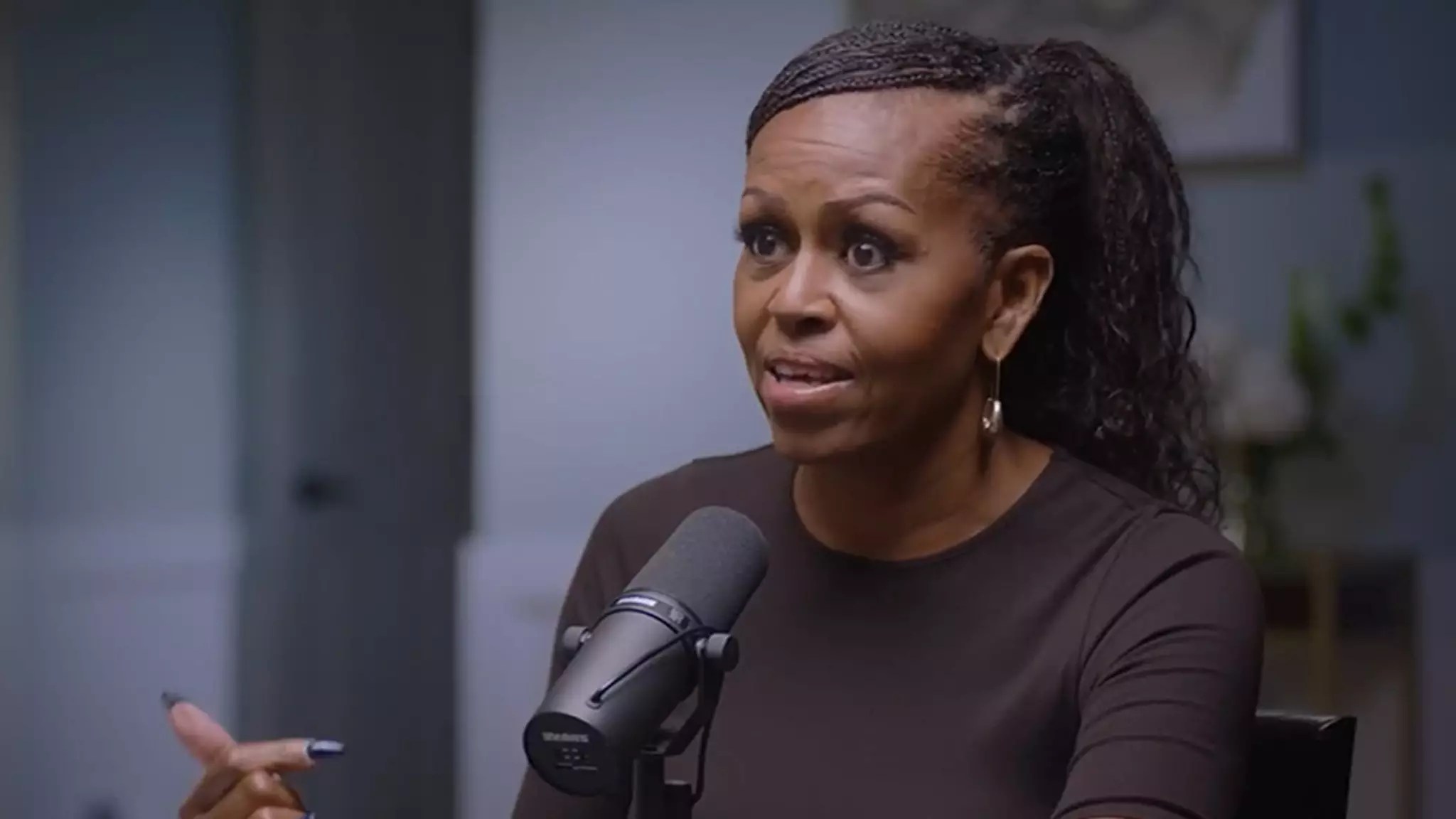In a recent episode of her podcast, Michelle Obama shared a poignant glimpse into her personal life, particularly following the death of her mother, Marian Robinson. This candid moment, while infused with humor and familial banter, speaks volumes about the often-unspoken realities of grief and the transition into a new life phase. Michelle’s relationship with her brother, Craig Robinson, provides a sense of camaraderie that many can relate to — the way siblings often navigate the trials of life together forms a bond that is irreplaceable. Yet amid laughter, she reveals the weight of loss, addressing how it reshapes one’s identity and role within the family dynamic.
Facing the Inevitable
One of the most striking moments in Michelle’s discussion is her recollection of Barack Obama’s tongue-in-cheek comment about her being “next up.” While it may sound humorous in passing, it carries a deeper existential layer. The inevitable confrontations with mortality force an individual to reevaluate their position in life and the legacy they are destined to carry forward. Michelle’s immediate rebuttal — claiming Barack should instead shoulder that expectation — reflects a common human desire to defer daunting responsibilities and reflects a relatable human instinct: the wish to cling to the innocence of youth, even as the realities of aging loom closer.
The Evolution of Adulting
Michelle’s narrative accentuates an important theme: the transition to adulthood is an ongoing process that doesn’t cease after hitting a particular age marker. Her anecdote about becoming the “glue” in her family speaks to the reality that losing parents often thrusts one into roles they may not have anticipated — the caretaker, the organizer, the emotional pillar. This transformation demands resilience and adaptability, as individuals must learn to manage familial relationships while simultaneously grappling with their personal grief. In Michelle’s words, there lies a strong acknowledgment that adulting is not just about responsibilities but also about nurturing connections with those who remain.
A Personal Renaissance
Moreover, Michelle’s recent commitment to returning to therapy highlights a profound truth about personal growth and mental health. In her early 60s, she recognizes the need to explore her identity beyond the roles that have defined her for decades. The phrase “I’m an empty nester” resonates deeply with many, capturing the essence of change and the need to reflect on life’s trajectory. The decision to engage with a “new person” symbolizes a willingness to confront not only past pains but also the potential for self-discovery and renewal. In this journey, she exemplifies the notion that vulnerability can be a source of empowerment.
Marriage Amidst Speculation
Michelle’s openness about the speculation surrounding her marriage is another critical aspect of her current life narrative. The scrutiny faced by public figures can often amplify personal challenges, making genuine communication essential. Recent sightings of Michelle and Barack together suggest that despite societal assumptions, their relationship persists, albeit evolving. It’s a testament to their partnership; the strength found in shared history allows them to face challenges head-on while maintaining their commitment to one another. Their journey underscores that even amidst uncertainty, solidarity can serve as a foundation for moving forward together in an ever-changing landscape.







Leave a Reply